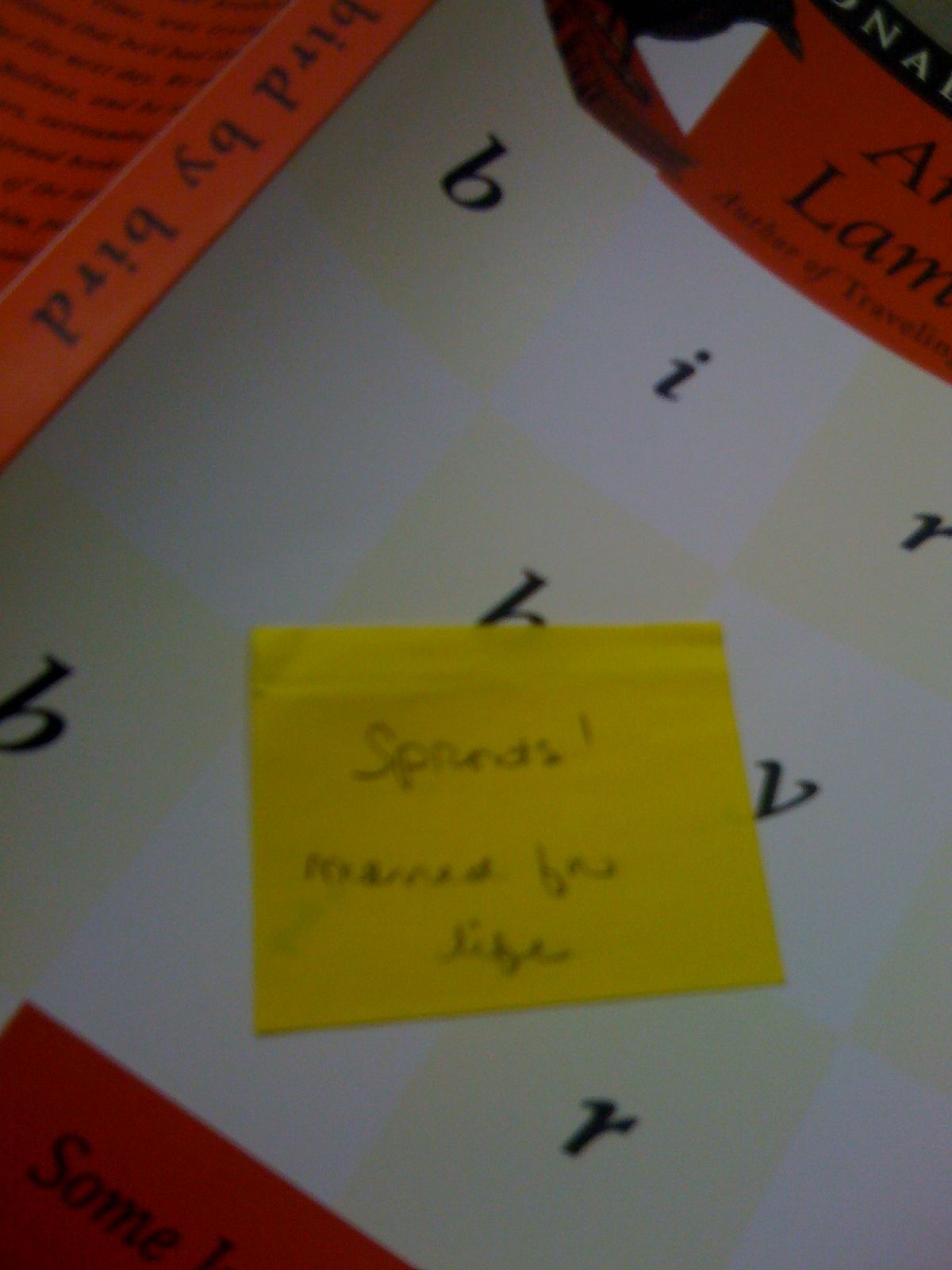Office phone rings. I answer it.
“Hello, is this Jill P. Smith?”
“I’m afraid not.”
“I’m looking for the Jill P. Smith who worked at [other institution] and [other details].”
Wonder to self – does this person think all Jill Smiths are in a club? Do we have a secret handshake? Did I miss a memo? Do we have special powers of knowing one another’s contact details and whereabouts? Must inquire. Â “I’m sorry – while I know there are a lot of other Jill Smiths, I have actually never personally met another person with my name.”
“Well, I’m looking for [more unhelpful detail about this other Jill Smith].”
Refrain from going into helpful librarian mode because I really don’t need to be Directory Assistance. Â “I’m sorry – I really don’t know what to tell you. I am not her, and I don’t know her, so I don’t know how to contact her.”
“Okay, well I’m looking…” She suddenly seems to realize that she can tell me stuff about Jill P. Smith forever and I’m still not going to know this person. “Okay, thanks so much for your time.”
“Sure. Good luck!”





